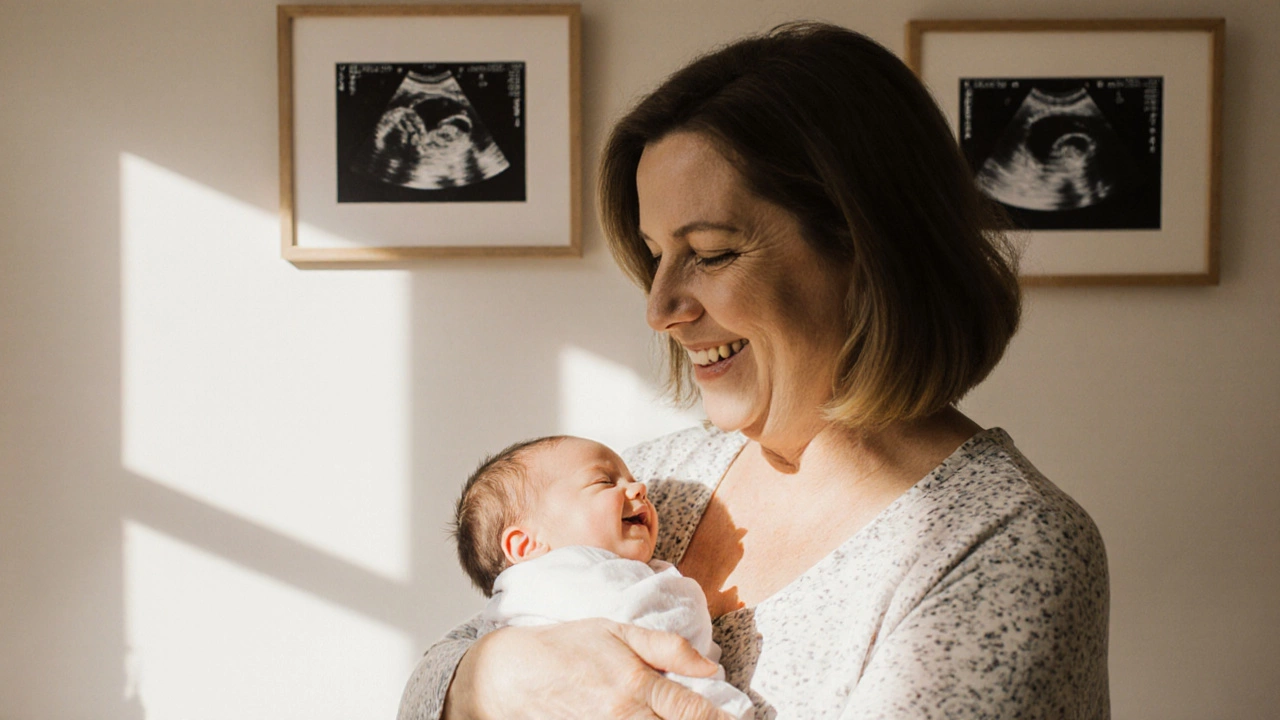IVF Children: What You Need to Know About Birth, Biology, and Health
When we talk about IVF children, children conceived through in vitro fertilization, where an egg is fertilized outside the body and implanted in the uterus. Also known as test-tube babies, these children are born from a process that separates conception from natural intercourse, raising real questions about biology, identity, and long-term health. In India, where IVF use has grown fast over the last decade, more families are turning to this option — not just because of infertility, but because of genetic risks, same-sex parenting, or single parenthood. The big question isn’t just how it works — it’s who the real mother is, what risks the child might face, and whether the medicine used is safe over time.
The biological mother of an IVF baby, the woman who provides the egg used in fertilization isn’t always the same as the woman who carries the baby. That’s where egg donor, a woman who gives her egg to help another conceive and gestational carrier, a woman who carries a pregnancy for someone else but doesn’t contribute her own egg come in. In many Indian clinics, egg donation is common — sometimes because the intended mother can’t produce viable eggs, or because she carries a genetic condition she wants to avoid passing on. The gestational carrier, often called a surrogate, is legally and biologically separate from the child’s genetics. This setup creates layers of identity that families need to understand before starting IVF.
And what about health? Studies show IVF children are generally healthy, but they do have slightly higher risks for low birth weight and preterm delivery — not because the IVF process itself is toxic, but because many IVF pregnancies involve older mothers, multiple embryos, or underlying fertility issues. The drugs used to stimulate egg production — like gonadotropins — aren’t harmless. Some research links them to temporary hormonal imbalances in mothers, and long-term data on children is still being collected. In India, where IVF clinics are booming but regulation is patchy, knowing what drugs are used, who’s screening the eggs, and whether the lab follows international safety standards matters more than most people realize.
You’ll find articles here that cut through the noise. We don’t sell hope. We don’t push clinics. We show you the facts: who legally owns the embryo, how egg donation works under Indian law, what blood tests should be done before IVF, and whether IVF children face different health challenges as they grow. Whether you’re considering IVF, are the parent of an IVF child, or just want to understand how modern reproduction really works — this collection gives you the straight talk you won’t get from a clinic brochure.

Has an IVF Baby Had a Baby? The First IVF Children Becoming Parents
Yes, IVF babies are having babies-naturally and healthily. Decades of data show IVF doesn’t harm fertility. The first IVF child became a mother in 1999. Today, millions of IVF-conceived adults are parents with no increased risk of infertility.

Most Painful Bone to Break: Beyond the Obvious
Feb, 7 2025

Can You Safely Take Multiple Vitamins Together?
Jan, 23 2025


